The Association Between Atrial Fibrillation and Erectile Function
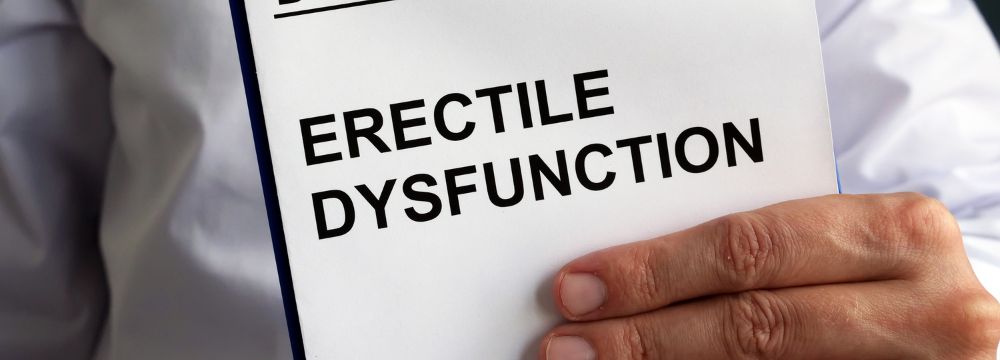
For some, atrial fibrillation (Afib) may seem to be trivial. However, its effects are wide-ranging and extend beyond the five times increased risk of stroke and heart attack. Afib can have seemingly unrelated lifestyle effects even in its mild and paroxysmal forms. One of these is how Afib may cause erectile dysfunction or ED.
ED is a common problem, especially as patients age. Typically, it is treated with any number of medications you have likely seen advertised on TV and elsewhere. However, while it is easy and convenient to prescribe medication for ED, there are times when further investigation is necessary to find the root cause of the dysfunction.
One such cause is Afib since erectile function relies heavily on blood flow.
Silent Afib, but Still Concerning
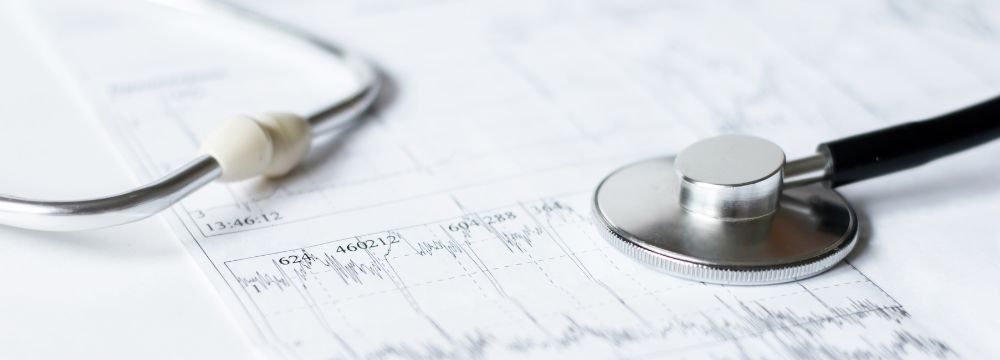
Atrial fibrillation or Afib represents an irregular and fast heartbeat that can be mild or even debilitating, depending on the case. However, there is no way to predict how severe or how frequent episodes of Afib will be. We know that there’s also the possibility of an asymptomatic episode known as silent Afib. This is where the patient is in Afib but may have no idea because there are no outward symptoms. These episodes are usually found incidentally during an EKG at a routine follow-up appointment with a primary care physician or at the hospital when the patient is admitted for another condition.
Cardioversion Versus Catheter Ablation
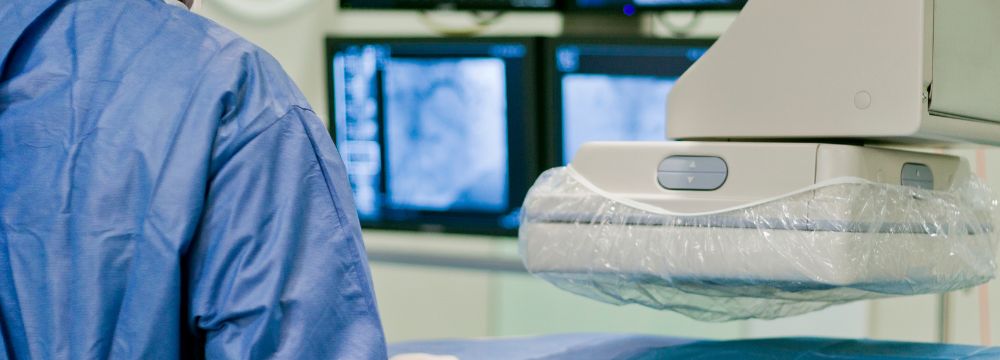
If you suffer from an arrhythmia like Afib and specifically a fast heartbeat known as tachycardia, you may have seen information on two very different ways to get the heart back into sinus or normal rhythm. First, we’d like to give you an overview of each procedure; then, we will discuss when these procedures can be used to maximize effectiveness.
Groundbreaking Clinical Trial on Dual-Chamber Leadless Pacemaker

Dr. Banker is the principal investigator or PI of a groundbreaking first-ever study of a dual-chamber leadless pacemaker. If this device is ultimately FDA approved, it would be the world’s first and significant step forward in pacemaker technology and miniaturization. To understand how significant this is, it’s essential to discuss existing pacemaker technology and its limitations.
Looking To Turn Back Your Heart’s Biological Clock? Take a Walk.

Fascinating new research shows the benefits of walking-related to our biological age. Most of us may have commented on how we feel so much younger or older than we were at one time or another. This phenomenon and feeling arise due to the often-underappreciated differences between biological and chronological age.
For most of us, feeling young or old is very subjective. They may revolve around stressful or happy times in our lives. They are strongly influenced by how we think of ourselves emotionally and the aches or pains we may be experiencing. However, it’s essential to realize that we may also “feel younger” on a cellular level. Research is starting to show possible connections between one’s biological age and telomere length as an objective measurement within the body.
Does AI Have a Place in Catheter Ablation Success?
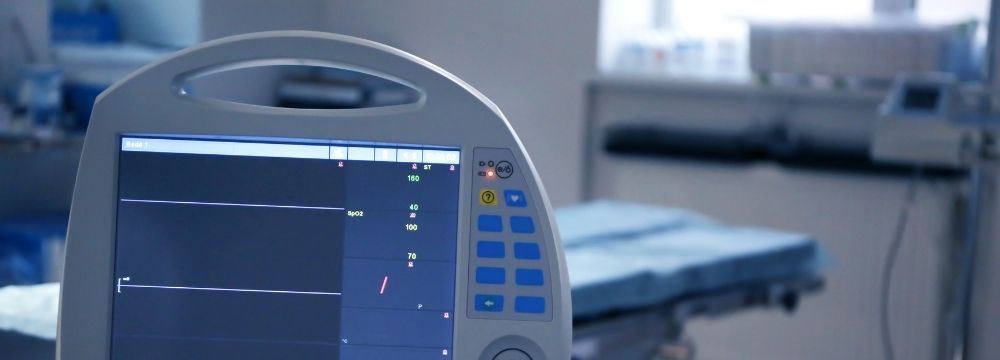
If you’ve ever seen an EP lab, you will notice that it is one of the most advanced operating theaters of any medical specialty – humming with technology. And there is a good reason for this. Accurately mapping the structures and electrical signals of the heart requires incredibly advanced and robust technology. Not only must we ensure precise treatment of the areas of the heart producing the errant electrical signals, but we must also verify that our treatment has indeed worked. While one distinct benefit of cardiac catheter ablations that it can be performed more than once, we want to minimize the number of procedures performed, for the sake of our patients’ comfort and convenience.
Cardiac catheter ablations, like any treatment, are not 100% effective for all patients. A minority of patients may not experience the full benefit of the ablation or may have to return for a second procedure. Advanced artificial intelligence technology has begun to address this issue by using computing power to monitor the electrical firings of the heart in real-time, during the ablation, and processing the data on the spot. Using algorithms based on our knowledge of cardiac arrhythmias, these computer programs can often help the electrophysiologist pinpoint areas of concern that would otherwise not have been apparent.
Study Confirms Alcohol Consumption as a Risk Factor for Afib

We have long known that lifestyle choices play a big part in the risk factors associated with atrial fibrillation or Afib. There are other components to the risk of developing heart arrhythmias, but a number of these are modifiable – meaning we can change them.
One risk factor that is less understood but confirmed in a recent study is the role of alcohol in Afib. The study sought to find out whether alcohol triggered an episode in those who were currently suffering from paroxysmal or occasional Afib. A relatively small study of 100 patients with an average age of 64 showed that even one drink can increase the risk of an Afib episode by two times, and two drinks can triple the risk of an Afib episode. This was true regardless of the type of alcohol consumed and was noticed very shortly after consuming the drink(s).1
When Chest Pain Becomes a Problem

Virtually everyone will experience chest pain at some point in their lives. This could represent minor discomfort and nothing to be worried about, or it can be a sign of serious cardiovascular issues. Unfortunately, while our understanding of the heart has improved dramatically over the past several decades, it is still impossible to tell (with 100% certainty) the severity of chest pain without comprehensive testing. As a result, it is crucial to say early on that if you believe you have a cardiovascular emergency, you should dial 911 immediately.
When Does an Electrophysiology Study Make Sense?
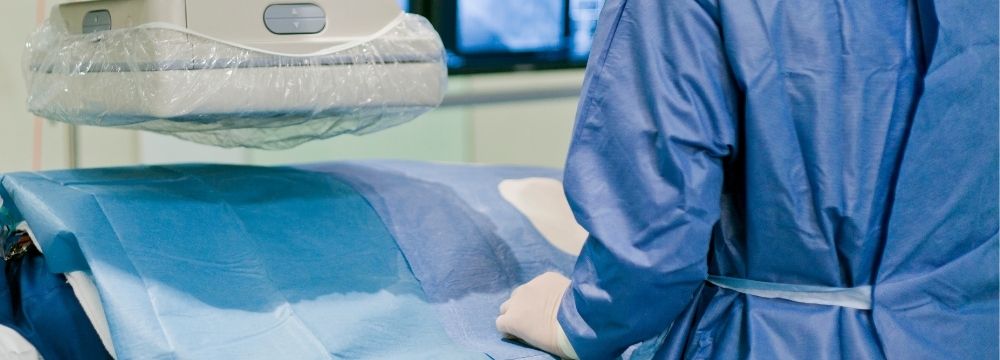
Technology in cardiology and electrophysiology, in particular, have made incredible leaps and bounds over the past several decades. We now treat many conditions that once required open-heart surgery with minimally invasive tools that offer similar results with far reduced risk. One of the tools in an electrophysiologist’s armamentarium is the electrophysiology or EP study.
An EP study is where a minimally invasive catheter is threaded through a small incision in the groin and up to the heart via the femoral vein. However, you may be wondering when and how we get to the need for an electrophysiology study.
Does Having an Atrial Fibrillation Ablation Mean I Will Be Off My Meds?
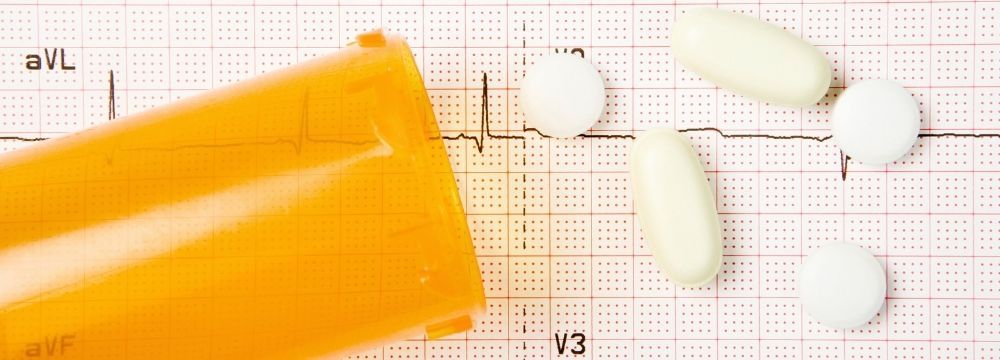
When patients come to our office complaining of symptoms from their atrial fibrillation or Afib, they are often desperate for relief and a solution. At best, a rapid heartbeat is concerning, but for some, episodes can be downright scary, putting them in the emergency room worried about a heart attack. Medication management is the first line of treatment for most, but only about 50% of patients tolerate these medications well. For the other 50%, drugs may become less effective over time, or the side effects of the medication may be unacceptable. These patients often look to have a cardiac catheter ablation to eliminate these side effects while benefiting from their arrhythmia’s potential improvement or resolution.


